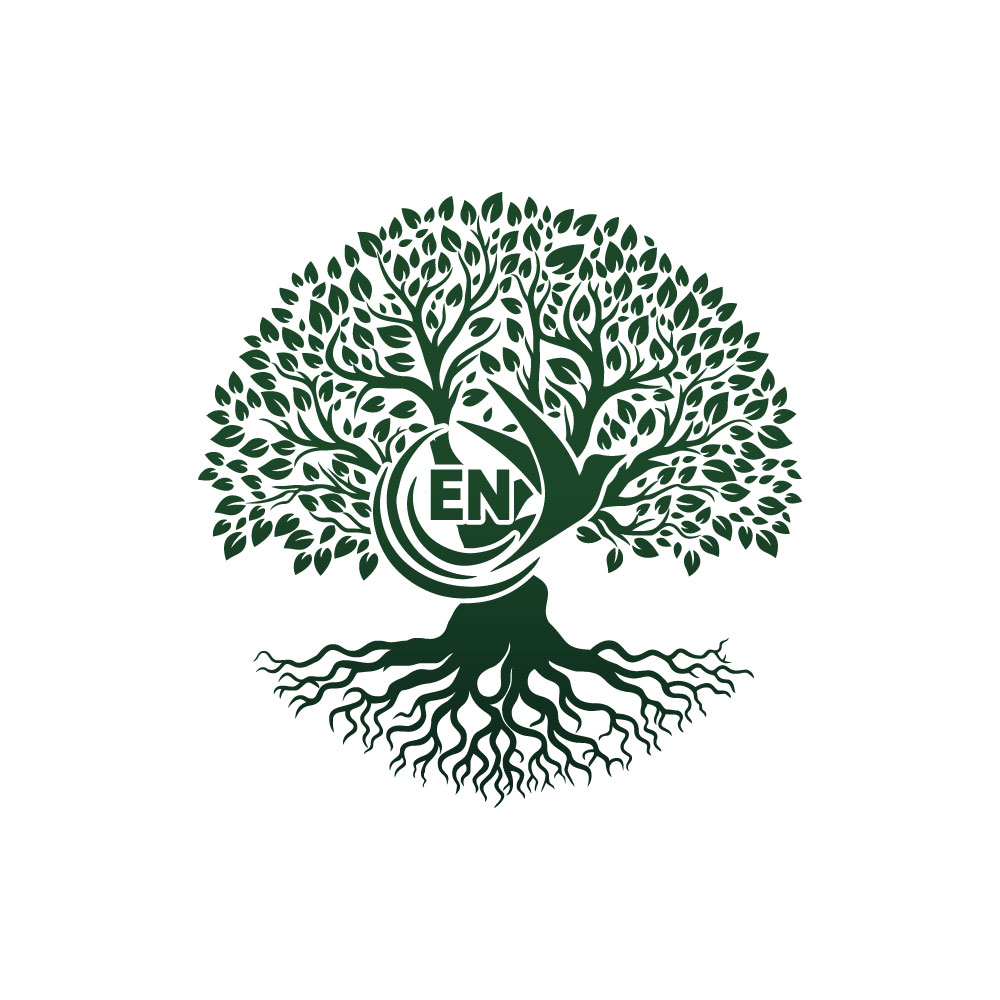In today’s dynamic work environment, Leadership’s Role in Promoting Accountability for Performance is pivotal to achieving organizational success. By fostering trust, transparency, and teamwork, leaders can ensure their teams are both motivated and accountable. This approach aligns perfectly with the ethos of “Where Opportunity Meets Recognition,” a mantra exemplified by EIOD and EN.Community.
Creating a Culture of Trust
At the core of Leadership’s Role in Promoting Accountability for Performance is building a robust culture of trust. Trust is the foundation of high-performing teams, enabling open communication and collaboration. When leaders exhibit transparency in their decisions and actions, they foster confidence among team members, encouraging them to take ownership of their performance.
Organizations like EN.Community exemplify how trust-driven cultures lead to sustainable success. When leaders champion trust, accountability becomes a shared value, creating an environment where performance thrives.
Empowering Team Members
Empowerment is another cornerstone of Leadership’s Role in Promoting Accountability for Performance. Leaders who inspire their teams to take ownership of their work foster a sense of responsibility and pride. Effective teamwork, coupled with open communication, ensures that accountability is distributed evenly across the team.
By leveraging tools like those provided by EIOD, leaders can create a framework where team members feel supported and valued. Empowered teams not only take responsibility for their results but also contribute to the collective success of the organization.
Establishing SMART Goals
Strategic goal-setting is integral to Leadership’s Role in Promoting Accountability for Performance. SMART goals—specific, measurable, achievable, relevant, and time-bound—offer a clear pathway for teams to follow.
Leaders who align team objectives with organizational goals create a sense of purpose and clarity. Transparent goal-setting ensures that every team member understands their role and is motivated to contribute. This approach embodies the principle of “Where Opportunity Meets Recognition,” as team members are rewarded for their efforts in measurable ways.
Implementing Performance Metrics
Tracking performance through metrics is essential for accountability. Leaders play a critical role in defining and monitoring these metrics, ensuring they are both achievable and aligned with organizational objectives.
When performance metrics are clear, measurable, and transparent, teams can gauge their progress and adjust their efforts as needed. Tools such as those provided by EIOD offer advanced solutions for performance tracking, empowering leaders to cultivate accountability and drive success.
Encouraging Continuous Improvement
Continuous improvement is the hallmark of any thriving organization. Leadership’s commitment to fostering a culture of improvement is central to promoting accountability for performance. By identifying areas for growth and encouraging innovation, leaders enable teams to adapt and excel.
Transparency in communication is vital for driving improvement. Open discussions about performance create opportunities for learning and development, reinforcing the principle of “Where Opportunity Meets Recognition.” Platforms like EN.Community provide a collaborative space where individuals can exchange ideas and embrace growth.
Conclusion
Leadership’s Role in Promoting Accountability for Performance cannot be overstated. By creating a culture of trust, empowering teams, establishing SMART goals, implementing performance metrics, and encouraging continuous improvement, leaders lay the foundation for sustained success.
In the spirit of “Where Opportunity Meets Recognition,” organizations that prioritize accountability and recognition foster environments where both individuals and teams can thrive. Explore how EIOD and EN.Community can support your leadership journey today!















